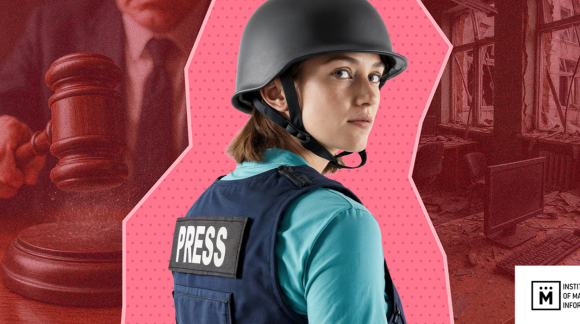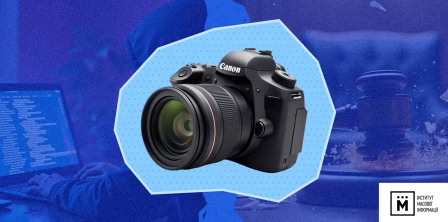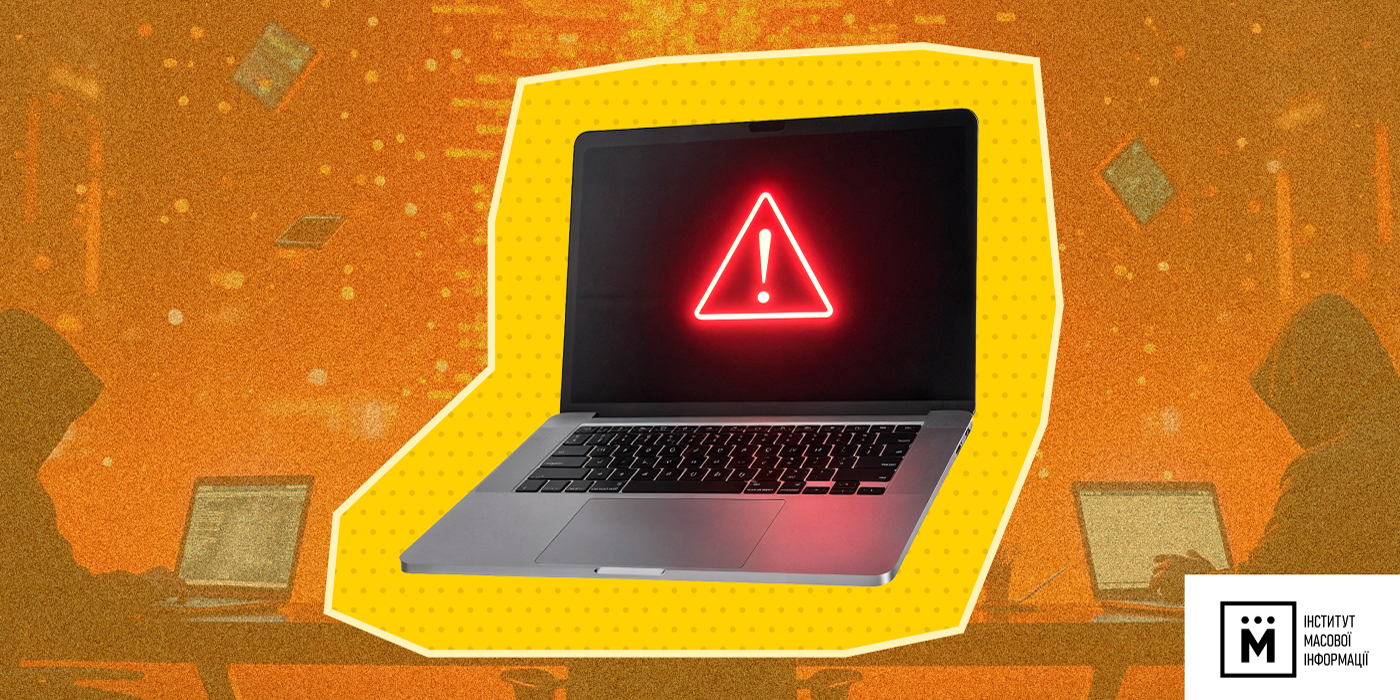The Associated Press is outraged that the Justice Department has been secretly rummaging through its telephone records, and who can blame it? But what really matters is what it means for all the rest of us. And if we don't watch out, it will mean that the government keeps more secrets from us than ever before.
From what we've been told so far, the Department sometime last year subpoenaed two months' worth of records covering incoming and outgoing calls on dozens of telephones at Associated Press offices, as well as on private telephones of AP employees. The telephones included some main, switchboard numbers, so the calls may have involved hundreds of reporters. The AP had no idea what was going on until well after it was over because the subpoena went to the telephone company — not the AP.
The speculation is that the Justice Department wanted all those phone records for an investigation into who leaked information to the AP over a year ago about U.S. government efforts to foil a terrorist plot in Yemen. But we don't really know for sure.
This isn't the media whining. It doesn't take much imagination to see that people won't be keen on talking with reporters if they think that the government may be indiscriminately monitoring thousands of phone calls by hundreds of reporters. And if the reporters can't talk with sources that want to remain anonymous, then the rest of us won't ever know the secrets that they would have told. At the heart of the First Amendment lies this basic paradox: In order to have all the information we need for our democracy to work, people have to be able to keep some secrets.
Of course, the government needs some secrecy as well. It had wanted to keep what happened in Yemen secret just as badly as the AP wanted to keep secret how it had found out. But there's a big difference: The government has the power to issue subpoenas to news organizations and their telephone companies; the press can't subpoena the government for its stories.
Since the time of Watergate, there's been an uneasy truce between the government and the press over how to resolve this tussle over one another's secrets. The Justice Department has a policy saying it will seize news organizations' records only after it has pursued all other avenues first and then only when absolutely necessary. Most important, its own regulations require it to work things out with the news organization in advance whenever possible.
But it looks like the government broke the truce here. The secret that was leaked about Yemen apparently came from within the government itself, so it had its own phone records and other means of determining what its employees had done. The Justice Department says that it interviewed over 500 people and reviewed thousands of pages of documents before subpoenaing the AP phone records. All that hard work doesn't seem to have narrowed the inquiry one iota. If that's not a "fishing expedition," I don't know what is.
Most important, the Department made no effort to talk things over with the AP before it subpoenaed the phone records. The AP never even had the chance to ask what alternatives the department had exhausted or whether there were narrower alternatives (much less to raise these questions with a court) because it never knew its records were being subpoenaed.
All of this would be bad enough if it didn't fall against the backdrop of the remarkably aggressive approach that the Justice Department has taken to prosecuting government leakers for criminal violations. Thus far, the Department has initiated five criminal prosecutions for leaking (in addition to one pursued by the U.S. Army through military channels) compared with a total of three such prosecutions under all prior administrations combined. The pattern we've seen in leak prosecutions and now secret subpoenas of journalists' telephone records has moved the line between government secrecy and the public's right to know to favor the government more than we've ever seen before.
But what does all this mean for the rest of us? This is not really about the press. It's about the people and what secrets they will learn about their government. Every government must hold some things close to the vest if it is to govern effectively. There will always be a back and forth about how much should be known and how much should be kept secret. But make no mistake that, if we as a country decide that the government's secrets are more valuable than those kept by the press, we will pay the price in not learning about secret wrongdoing until it is too late to do anything about it.
The author: David Westin, Author, 'Exit Interview'; Former President, ABC News




